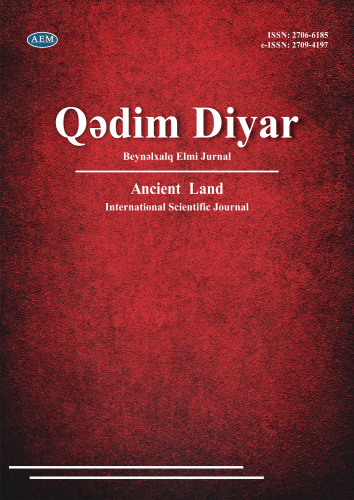DOI: https://doi.org/10.36719/2706-6185/46/306-309
Aysel Farajova
Azerbaijan State University of Oil and Industry
https://orcid.org/0009-0008-2015-8565
aysel.farajova1@gmail.com
The Development of Totalitarianism in Dystopian Literature: A Comparison Between Orwell’s “1984” and Lynch’s “Prophet Song”
Abstract
The critique of social and political systems, particularly the analysis of totalitarianism, has been one of the most relevant themes in contemporary literature. Research shows that opposition to totalitarian regimes is one of the central ideas of dystopian literature. This genre typically reflects societal models that are characterized by authoritarian control and hopelessness, often set in the future. Throughout history, totalitarian regimes have caused countless disasters. However, the greatest examples of dystopian literature go beyond merely drawing attention to the existence of dictatorships. This study also examines five key aspects of the individual-state relationship – these characteristics typically manifest in authoritarian regimes that limit the freedoms of citizens.
After World War II, George Orwell's “1984” emerged as one of the leading examples of dystopian literature and has been regarded by many readers as the classic work of this genre. Compared to earlier dystopian (or utopian) works, Orwell's created world appears more vivid and convincing. The presented paper explores the development of totalitarianism in dystopian literature and thematically analyzes the works of Orwell and Lynch. Both works examine the development of totalitarianism and its impact on people's lives, thoughts, and freedoms, but they present these themes in different ways.
Keywords: 1984, Orwell, dystopian, Lynch, prophet song, history

